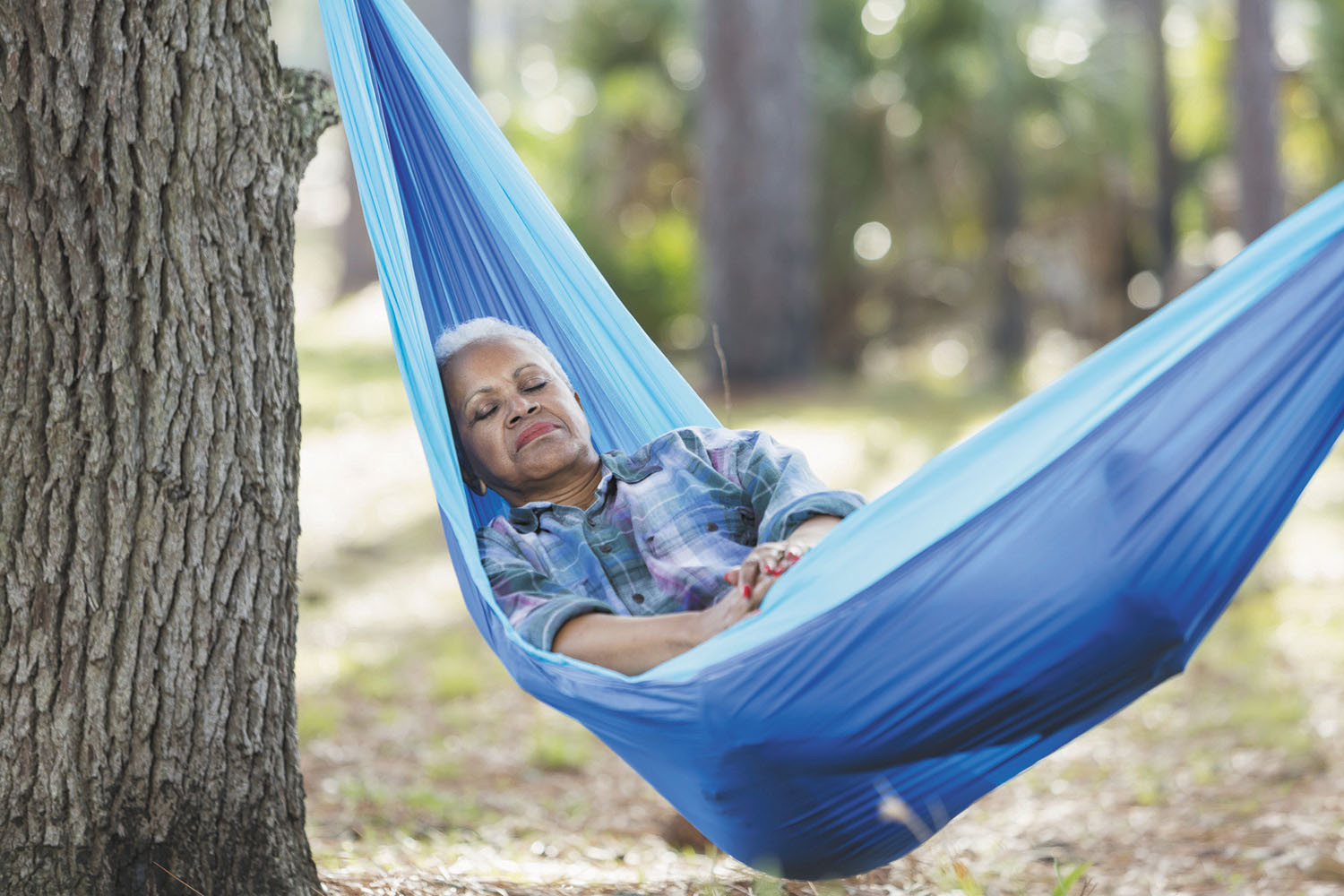
New thinking about plaque in arteries that feed the brain

Want to prevent shifting teeth? Maybe you need retainers

What you need to know about the new dietary guidelines

Food that’s healthier for people and planet can be cheaper, too

New evidence that polyphenol-rich foods help the heart

8 simple ways to reduce ultra-processed foods in your diet

How to curb your stress eating

How to spot Parkinson’s disease symptoms

Heart failure symptoms in women: How they’re different

GERD diet: Foods to avoid to reduce acid reflux
Depression Archive
Articles
Ketamine for treatment-resistant depression: When and where is it safe?
Ketamine has been used for decades as an anesthetic, and in 2019 an inhaled version of it was approved by the FDA for treatment-resistant depression. But it is generally prescribed only when other treatments have not been effective.
Harvard study: Hot yoga may help ease depression
A 2023 study found that people with depression who attended at least one "hot" yoga session per week for eight weeks had significantly reduced depression symptoms, compared with people who did not perform hot yoga.
Ultraprocessed foods may raise depression risks
A 2023 study suggests that eating lots of ultra-processed foods, which are high in sugar, salt, fat, and additives, may raise the risk for depression.
Break the cycle
Rumination consists of a repetitive stream of negative thoughts or themes. It often involves mentally replaying a past scenario or conversation or trying to solve a vexing problem. But rumination can also damage mental and physical health, increasing the risk of depression, anxiety, insomnia, and inflammation. People can thwart rumination by finding distractions, changing location, relying on relaxation techniques, confiding in a friend, or taking action. Cognitive behavioral therapy can also help.
Blasting through mental health misperceptions
An estimated 58 million American adults live with a mental illness such as anxiety, depression, or bipolar disorder. More women than men receive treatment such as medication or counseling. But despite its pervasiveness, mental illness remains stigmatized. Scientific advances are helping dismantle damaging public attitudes about mental illness. People with mental health challenges can help combat stigma by embracing treatment, not taking other people's offhand comments personally, and sharing their personal stories.
FDA approves first pill for postpartum depression
The FDA approved the first pill for postpartum depression in August 2023. The fast-acting drug, zuranolone (Zurzuvae), is taken for just two weeks.
Is your daily nap doing more harm than good?
Naps can be healthy for adults who need to catch up on sleep or work odd hours, but they can also make it more difficult to sleep at night and be a sign of a sleep disorder. Naps should be short and limited to the early afternoon to prevent them from interfering with nighttime sleep. People who have the urge to nap daily should consider whether they need to improve their nighttime sleep habits.
Chronic stomach pain in children: What's the most common cause?
Mind and body are tightly connected. If a child experiences stomach pain lasting two months or more, it may be functional abdominal pain caused by stress, depression, or anxiety. While common, this is challenging to diagnose and treat.
Calm your anxious heart
Anxiety disorders promote the stress response, which influences the same brain systems that affect cardiovascular functions.

New thinking about plaque in arteries that feed the brain

Want to prevent shifting teeth? Maybe you need retainers

What you need to know about the new dietary guidelines

Food that’s healthier for people and planet can be cheaper, too

New evidence that polyphenol-rich foods help the heart

8 simple ways to reduce ultra-processed foods in your diet

How to curb your stress eating

How to spot Parkinson’s disease symptoms

Heart failure symptoms in women: How they’re different

GERD diet: Foods to avoid to reduce acid reflux
Free Healthbeat Signup
Get the latest in health news delivered to your inbox!
Sign Up











